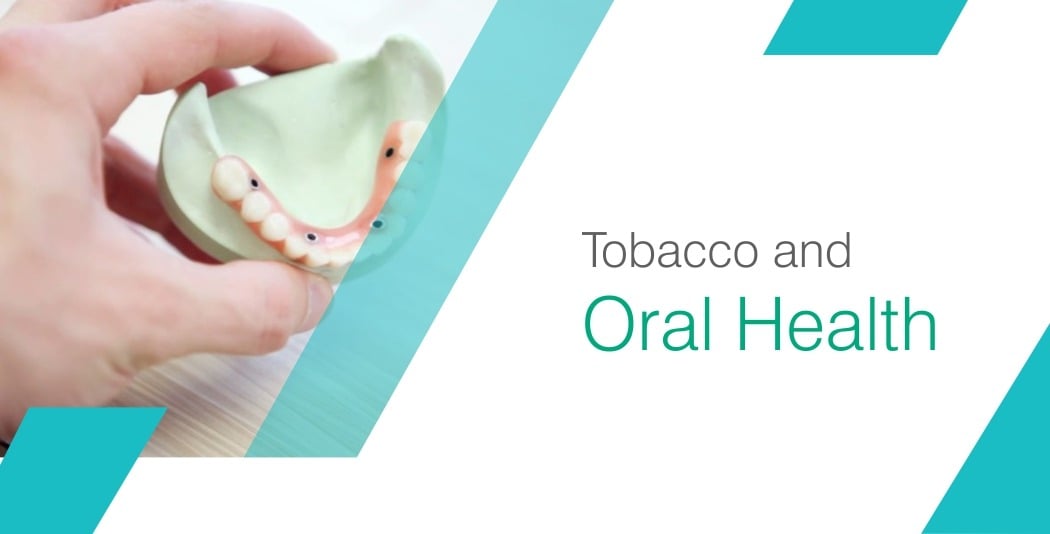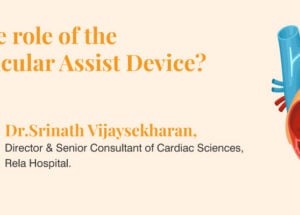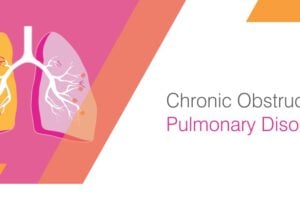TOBACCO AND ORAL HEALTH
May 30, 2020

Tobacco smoking is linked with cancer, cardiovascular, pulmonary, low birth weight and a multitude of other health related problems. Many are unaware that it is detrimental to oral health as well. Tobacco is consumed through mouth in various forms from smoking to smokeless tobacco combined with betel nut. India, the prevalence of smokeless tobacco is high and therefore oral cancer is among the top three common cancers in the country. Every 6.5 seconds, a tobacco user dies from tobacco related problems somewhere in the world.
Both smoking and smokeless tobacco contain nicotine which is highly addictive. Apart from nicotine they also contain hazardous chemicals, the culprit responsible for causing cancers of mouth, throat, oesophagus and stomach. Smokeless tobacco users are at higher risk in developing throat cancer, as they regularly swallow tobacco juice. Cancers of the lip and cheek are also common, as the tobacco is pressed against the lining of the mouth. The oral lining is a very moist and delicate structure which undergoes changes due to the friction of chewing tobacco. This gradually becomes malignant; cancers can develop in the lips, insides of the cheek, tongue, gums, roof of the mouth.
Oral cancers can develop as:
- Painless ulcers which doesn’t heal
- White or red spots anywhere in the mouth
- Unusual lumps or swellings
There is a misconception that smokeless tobacco like paan, snuff, zarda, khaini, mawa etc. are not as harmful as smoking a cigarette. Unfortunately, tobacco in any form is detrimental to overall health. In fact, there is twice the amount of nicotine present in chewing tobacco when compared to a cigarette. Some of the other oral conditions caused by tobacco are
- Stains on the teeth and restorations
- Periodontal diseases
- Halitosis
- Root caries
- Increased plaque and calculus formation
- Taste derangement
Nowadays, evidence suggests that no body organ is spared from tobacco and the list of ill effects is expanding. Non smokers with no fault of theirs also suffer the health consequences of tobacco. The involuntary exposure puts them at a greater risk of lung cancers, respiratory conditions like asthma.
“Prevention is better than cure”, trying to stop tobacco can cause withdrawal symptoms which include headaches, tiredness, mood swings. Nicotine replacement therapy can help like nicotine patches or gum for which professional help is advised. There are a lot of de addiction centres which can provide support.
Dentist will be able to screen for early signs like spots and other pre malignant conditions. A regular visit with the dentist is recommended for a thorough examination. The dentist can also refer to a specialist or a support centre for further assistance.








